
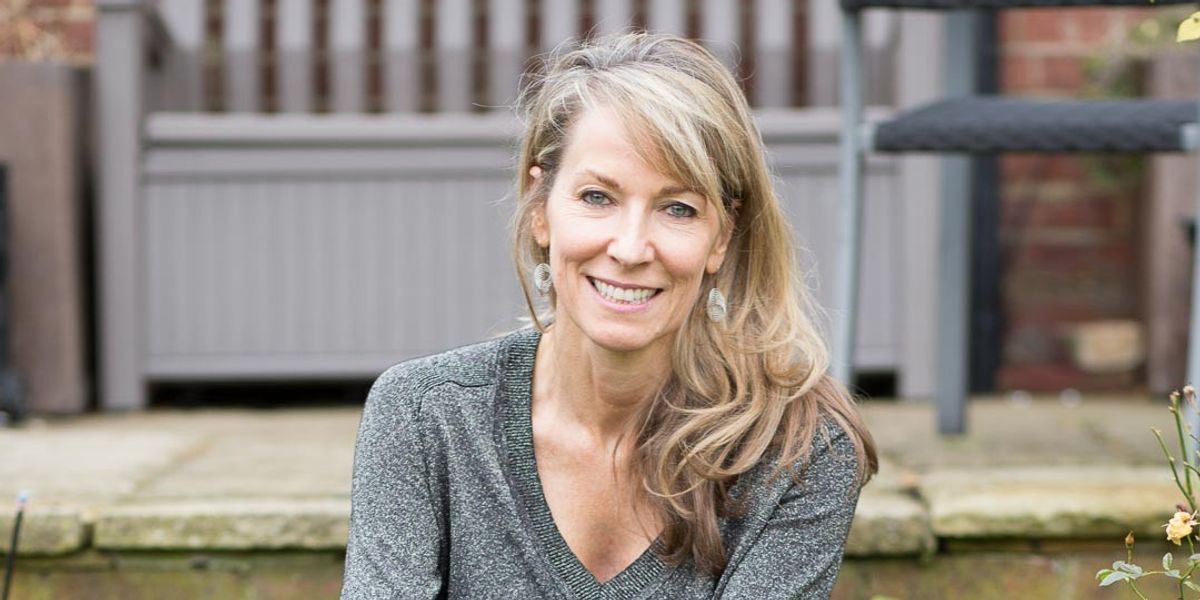
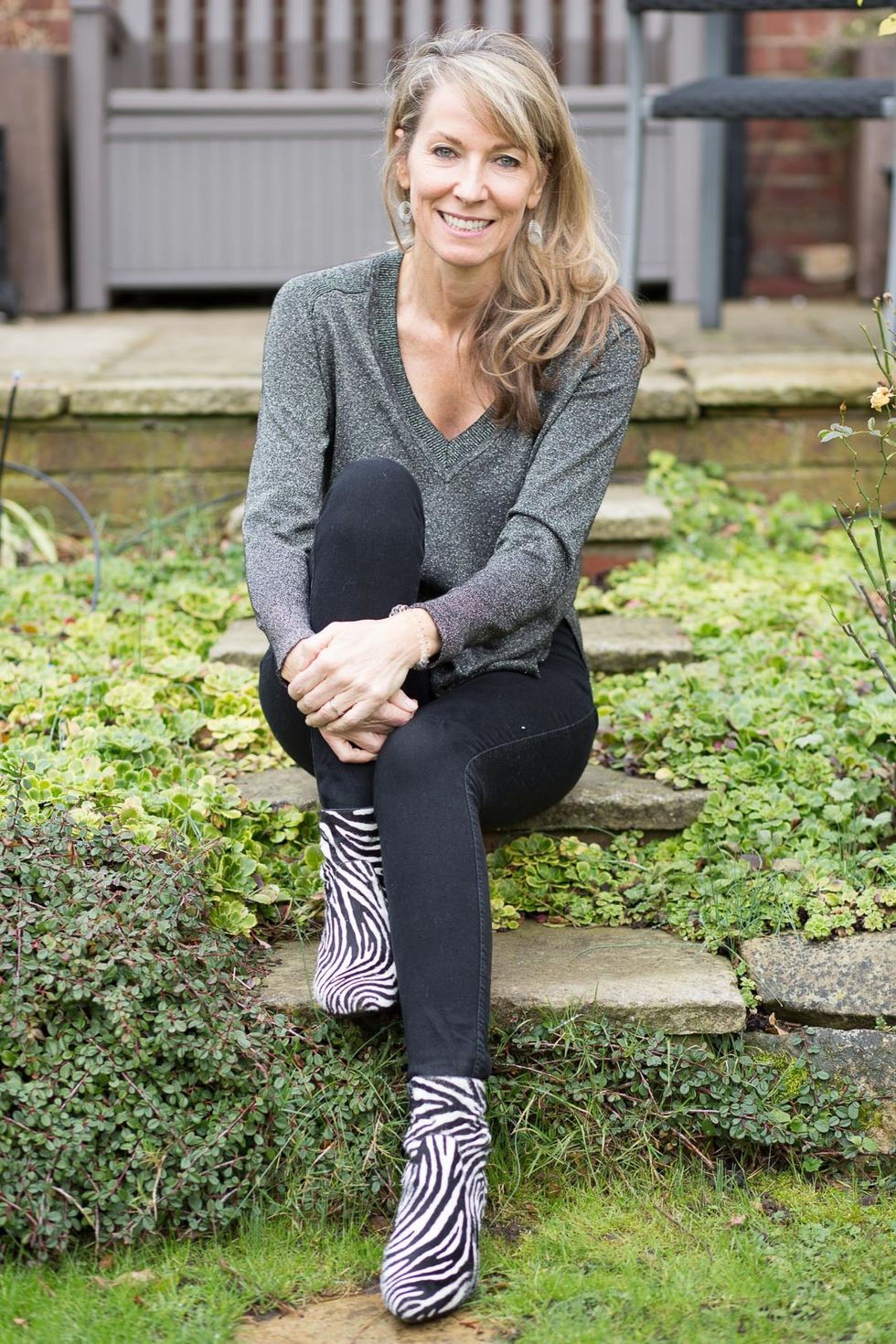
Can simple lifestyle tweaks really address your health complaints?
The question has weighed heavily on the minds of GB News members this week.
From the best dietary fixes for sleep loss to the top supplements for gut health, celebrity NHS Doctor Renée Hoenderkamp assuages concerns with her evidence-based expertise in her latest Q&A.
Last week, she gave her take on the best time of day to take statins, a novel long Covid treatment and the health benefits of alcohol-free drinks.
Don’t forget to send your questions to health@gbnews.uk each week or click the comment button above and we’ll publish Doctor Hoenderkamp’s answers to your queries on GBNews.com/health every Friday.
You can also reach out to Doctor Hoenderkamp directly on Instagram and on Twitter/X to carry on the conversation.
And remember, the advice given is general and not individual and you should always seek individualised health care from a doctor.
With those caveats aside, see below Doctor Hoenderkamp’s answers to this week’s burning questions.
What’s the best herbal remedy for getting sleep? I have heard chamomile tea does the trick?
This is a great question because sleep is a big issue with one in three UK adults suffering from poor sleep and one in 10 reporting that it dramatically impairs daily functioning. It is important to understand two things: sleep is psychological and sleeping tablets do not give you restorative sleep and some are associated with long term health impacts, so finding alternatives is an excellent idea.
So let’s look at the best supplements and a few other ideas too! And if you try one that doesn’t work, don’t give up as everyone is an individual and may suit one over the other. I have to say that decent evidence for any of what follows is lacking but there is rarely decent data on non-pharma solutions to problems for which big pharma have a solution!
Bedtime drinks (not alcohol or caffeine!)
Supplements
Other ideas…
And don’t forget to make sure you exercise in the day but not too close to bedtime, have a dark, cool room, nothing in bed bar reading a book or having sex, no alcohol, no screens for two hours before bed and have a nice bath with some magnesium salts just before turning in.
And if all else fails, before you turn to prescription drugs I would recommend visiting www.sleepio.com and trying their personalised app which analyses your patterns and then writes you a sleep pattern. It’s tough, but if you get through it you will sleep like a baby after!
What’s the best thing I can take to boost my gut health?
This for me is going to be the key to good health and medicine in the future. It has been said that our gut is our second brain. It contains trillions of microbes which are a hugely important part of our health: they produce different hormones and vitamins that are essential for our survival. A little known fact is that the majority of the cells that make up our immune system are found in our digestive tract (80 percent). Therefore, good gut health is linked to less sickness and a lower risk of allergies and autoimmune conditions.
There is no easy or sure fire way to tell if you have a healthy gut and a good gut microbiome is individual. So your gut microbiome may not be good for me! But there are tell-tale signs. Constipation, diarrhoea or stomach pain can indicate an unhealthy gut. And just because you don’t notice symptoms, doesn’t necessarily mean you have good gut health. Generally regular bowel movements, no need to strain, no bloating or pain, brown to dark brown sausage shaped stools that sink are all good signs. Couple this with how well you feel, how often you are ill and that is a good start.
So doing everything you can to boost gut health can only benefit overall health.
Food is the biggest influence on gut health, because our friendly microbes are reliant on what we feed them. But sleep, stress and exercise can also affect microbes, so lifestyle also has a role to play so focus on an all round health approach.
Let’s start with a varied and healthy diet. A good mix of vegetables and fruit with good protein sources and the most important bit: as unprocessed as possible. So try and buy fresh produce, organic if possible, and cook from scratch at home. Try and include fermented foods such as Kimchi, miso, yogurt, kefir and sourdough. Then graze though high fibre veggies like peas and broccoli, adding nuts like almonds and walnuts and high fibre fruit like banana. The gut loves fibre and it is a good idea to take a pure fibre supplement as it is difficult to get enough, even in a good diet. And there is good data to show that a faster gut transient (food to poo time) is associated with a lower risk of colon cancer! Its always a good idea to add natures natural antibiotic garlic and ginger to help produce stomach acid and aid digestion of all the good stuff you are giving it. You also can’t go wrong with a little helping of live, runny cheese such as Roquefort to give your bacteria a boost.
Whilst many of the fermented foods above will be adding to your microbes, there seems also to be a building body of evidence that adding a daily probiotic to your diet will really help boost the number and variety of beneficial bacteria in the colon and there are many products emerging with varying claims and costs. The one that has caught my eye, and that I have noticed Consultant Gastroenterologists recommending to their patients, is Symprove. It’s a little pricey but I have heard good things with patients telling me that they just felt better all round from resilience to joint pain being improved. I haven’t tried it yet because there are so many to choose from and I’m still researching, but this one has promise. Where a daily supplement comes in handy is speed of change. Diet can start changing the gut microbiome in days but long term benefits can take months to years depending on your start point so a daily probiotic drink can speed up the change that most of us need!
And let’s not forget one of the biggest killers of our gut microbiome – antibiotics. It is suggested that one round of antibiotics can wipe out your gut microbiome and it take up to two years to rebuild. Try and never take then unless really essential. The body is an amazing thing and will sort most common infections, bacterial or viral, itself, it can just take a bit longer than most people expect!
Any tips for Morton’s neuroma? It’s killing me!
I loved this question, why? Because I am a sufferer of this nasty and painful problem and have been looking at an answer outside of the norm. I love heels, I love running and I hate the pain of this as it curtails my enjoyment of these simple pleasures.
In a nutshell a Mortons Neuroma is a build up of fibrous tissue around a nerve that runs between the toes (usually the third and fourth toe) in response to trauma. Its aim is to protect the nerve but it ends up creating more pain. It’s a common condition with about a third of people having one at some point. Some things put you more at risk of one; being a woman, wearing high heels or constriction shoes, being a dancer/cyclist/footballer, having other conditions such as hypermobility or diabetes or having other foot issues such as bunions.
Traditional treatments start with simple changes such as rest and painkillers, insoles under the ball of the foot, wide fitting shoes and avoiding heels and impact exercise like running. If these fail – and they often do – there are more invasive and common solutions such as steroid injections into the area to reduce inflammation. Whilst these are fairly easy to do and repeat if needed, they don’t last for long, so if the neuroma does not disappear in the time that the steroid works, the pain just returns, as I know only too well. After this the only real options available were for a long time, surgery and that brings normal surgical risks and the potential of the nerve being cut and permanent numbness or a stump of nerve being left which is equally painful.
Hence my detective work to find a treatment better than a steroid injection but not as invasive as surgery and I hope that I have found one! Cryosurgery appears to be a good midway point with fewer risks and good outcomes. So what is it? Under ultrasound guidance and local anaesthetic, a probe is inserted in to the neuroma and using liquid nitrogen cryotherapy the neuroma is literally killed from the inside out! The benefit, hopefully, is resolution without damaging the nerve, lower infection risk and no risk of a stump neuroma.
Now it doesn’t resolve it for everyone and the data from internal audits at The London Podiatry centre show that 70 percent of patients see complete resolution of pain. So, I have decided to try it, I have already had my consultation with Consultant Foot Surgeon Ron McCullough and will be seeing him again for the procedure soon. There don’t seem to be many places doing this procedure, I found another, The Barn Clinic, but I wanted to see a foot surgeon, so opted for The London Podiatry Centre. So watch this space!
24World Media does not take any responsibility of the information you see on this page. The content this page contains is from independent third-party content provider. If you have any concerns regarding the content, please free to write us here: contact@24worldmedia.com
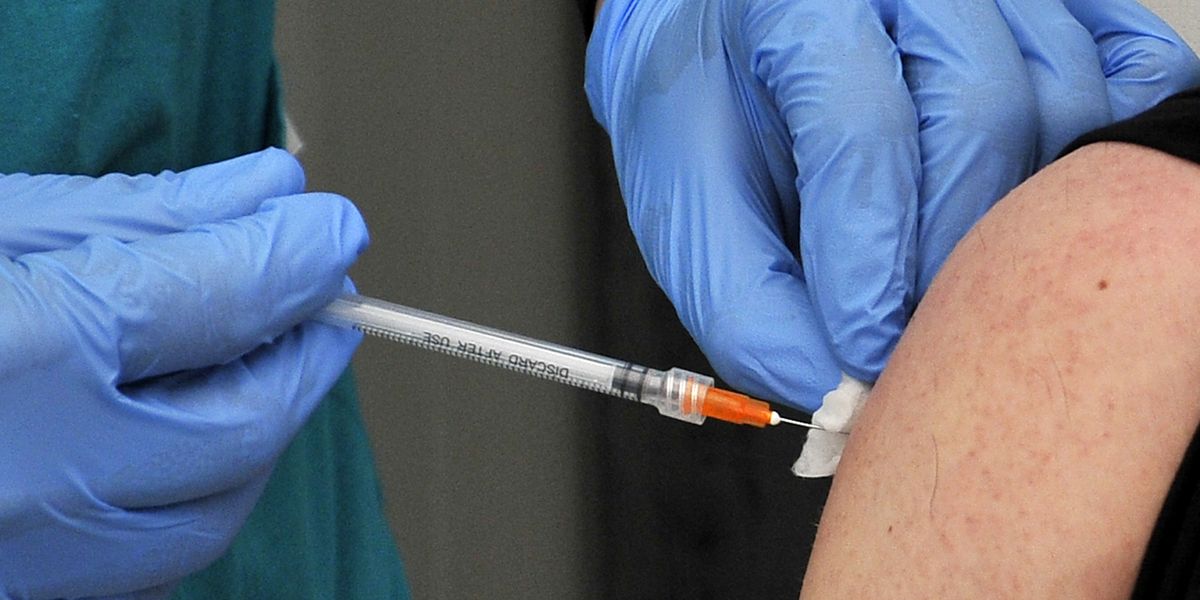
Do you believe the Covid vaccine had negative side effects? VOTE HERE

Latest Google layoffs hit the Flutter and Python groups

‘Women’s rights have been attacked constantly!’

Here’s your chance to own a decommissioned US government supercomputer

AWS S3 storage bucket with unlucky name nearly cost developer $1,300

FTC fines Razer for every cent made selling bogus “N95 grade” RGB masks
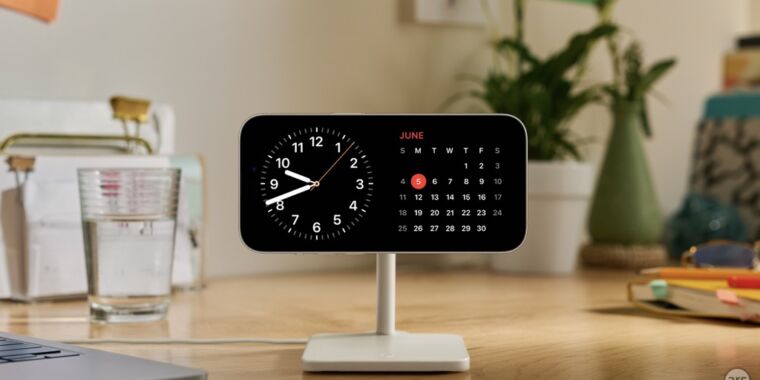
Apple confirms bug that is keeping some iPhone alarms from sounding

Roundtables: Inside the Next Era of AI and Hardware
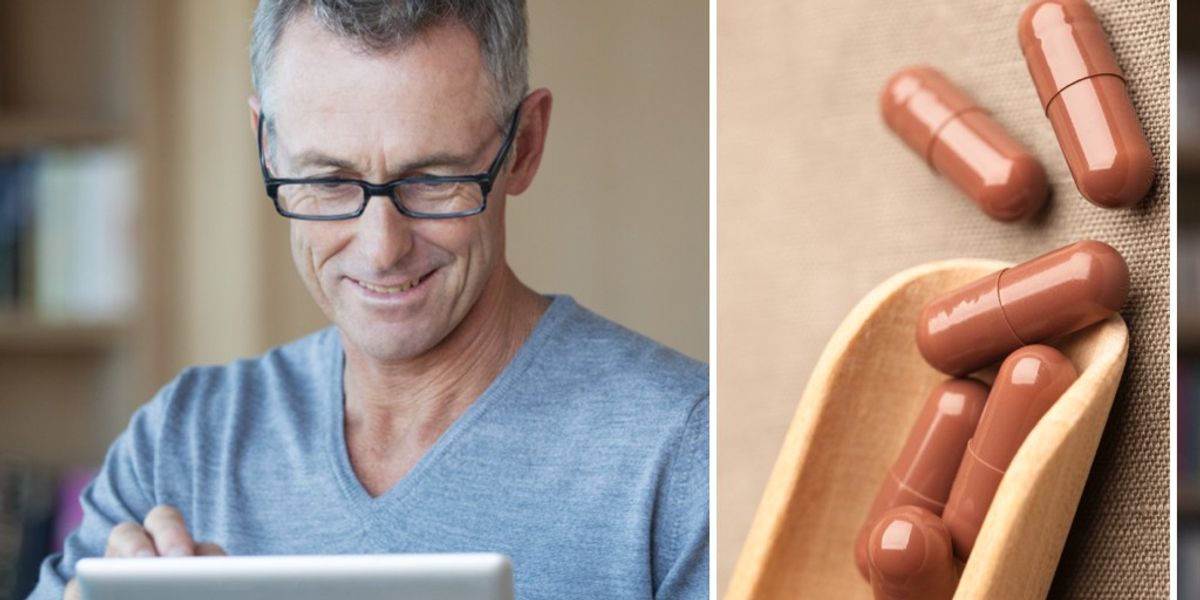
Supplements: Ginkgo biloba boosts memory